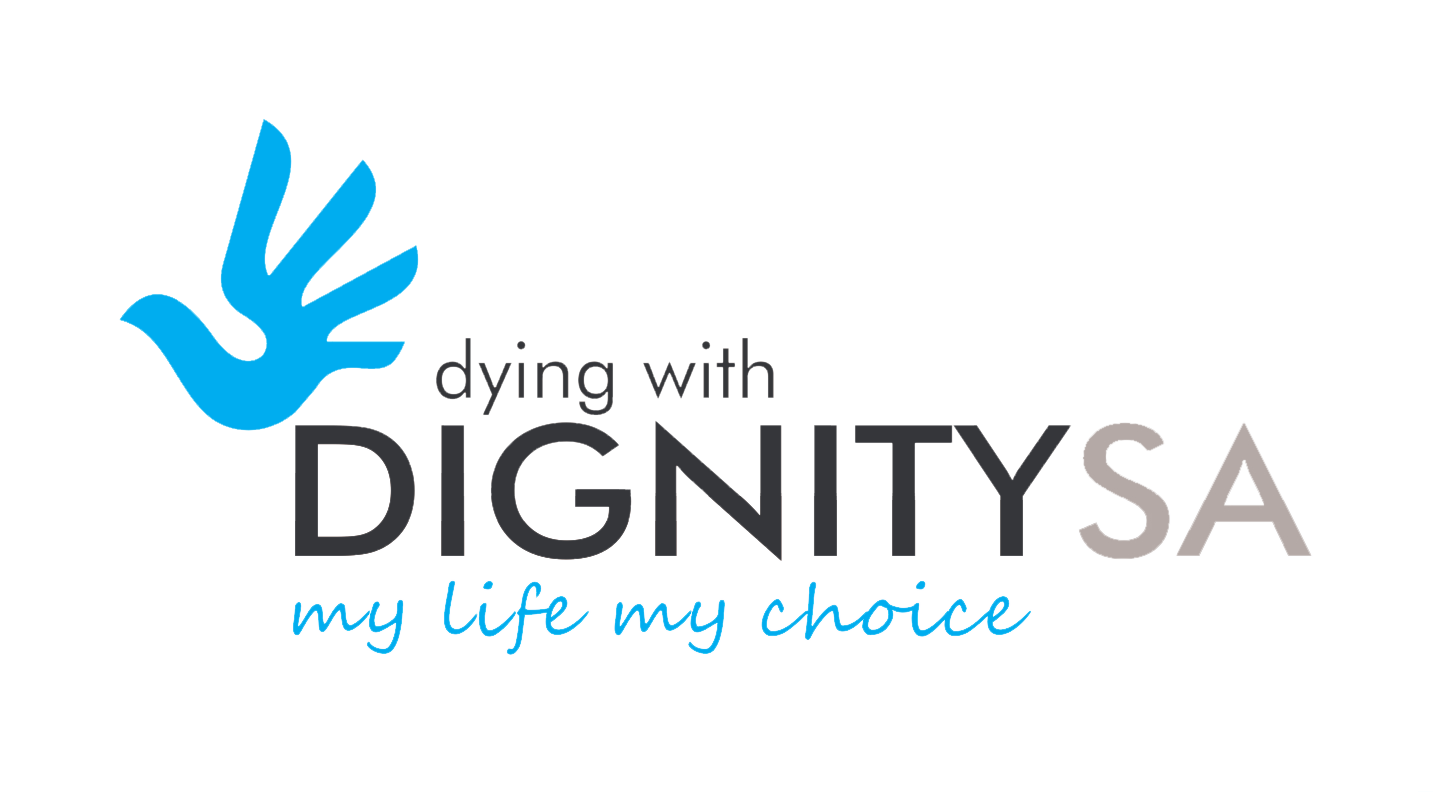Life File: will and estate planning
In 2022, BusinessTech reported that there’s an estimated R 90 billion in unclaimed assets throughout the country.
It’s the reason a will and estate plan should be foundational parts of your Life File. Here’s everything you need to know about why they are important, what you should (and shouldn’t) include in them, and how to get started writing your own.
Do I need a will or an estate plan?
Are you an adult? Do you own literally anything? Then the answer is YES.
There are huge benefits to having a will and estate plan no matter your age, health, or family status. Your will and estate plan:
Ensures your stuff goes to the right people.
Ensures children or pets are properly cared for.
Minimizes taxes when your assets are transferred.
Prevents (or at least reduces) anxiety or infighting amongst loved ones when you die.
What is the difference between a will and an estate plan?
A will is a legal document that specifies how you’d like your assets handled and your family cared for after your death.
An estate plan is a collection of legal documents. It typically includes a will, but also things like powers of attorney, advance care directives, and any end-of-life matters a will can’t cover. Think of it as a lifetime plan, in the event that you are incapacitated.
What should be included in a will?
Most wills will include the following information:
Language that makes the document a will.
An appointed executor (the person in charge of carrying out your wishes).
An appointed guardian or guardians for pets or minor children.
Your possessions and the beneficiaries who will receive them. This can include bank accounts or investment assets, real estate property, online assets, personal possessions or family heirlooms.
what should not be included in a will?
Most wills go through probate after the creator of the will has died. Probate is the process by which a will is validated and administered. The probate period can take time, which is why you may want to leave out things you want (or need) to be transitioned and handled quickly upon death — like business interests or funeral and body disposition wishes.
You also don’t need to include any assets that separately require you to name a beneficiary; like life insurance policies or retirement accounts.
What should be included in an estate plan?
An estate plan is more than just a will. It includes multiple legal documents that name health and financial decision-makers, provide direction about your care if you are incapacitated, and outline plans for your assets. These documents commonly include advance care directives, trusts, power of attorney, and a will.
What happens if I don’t create a will or estate plan?
If you don’t create a will or state plan, you lose control over health care decisions if you are incapacitated and decisions about what you leave behind when you die. The courts will ultimately decide (or appoint someone to decide) what happens to you, your things, and any children or pets. The court or the appointed executor may make decisions that don’t align with what you want. Dying without a will and estate plan also puts unnecessary stress on surviving loved ones.
How do I get started making a will or estate plan?
It’s usually recommended that you work with an estate planning attorney to create your estate plan. This attorney can also help you create a will. The lawyer may charge by the hour or provide their services at a flat cost. Many also provide free consultations to help you understand what may be needed based on your own situation. Your bank may also provde a free serevice. They would want to appoint themselves as executor of your estate though.
